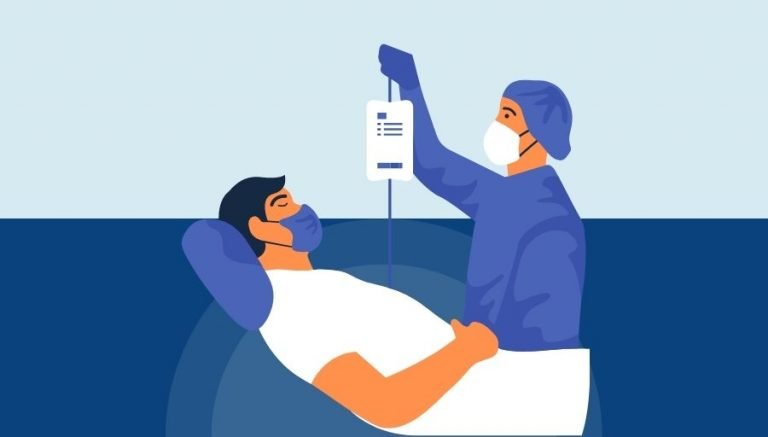ICD 10 CM E74.9 | Description & Clinical Information
ICD 10 E74.9 describes a medical condition characterized by unspecified carbohydrate metabolism disorders resulting from the deficiency or abnormality of enzymes involved in converting carbohydrates into sugar, which may be caused by the absence or deficiency, dysfunction, synthesis, or transport of carbohydrate (starch or sugar) compounds, and for which the provider does not document the patient’s specific type of disorder.
Official Description Of E74.9
The ICD 10 CM book defines ICD 10 code E74.9 as:
Excludes1: diabetes mellitus (E08-E13)
hypoglycemia NOS (E16.2)
increased secretion of glucagon (E16.3)
mucopolysaccharidosis (E76.0-E76.3)
When To Use E74.9
The diagnosis code ICD-10-CM E74.9 refers to a broad category of disorders of carbohydrate metabolism. This code encompasses a range of conditions resulting from abnormalities in the way the body processes carbohydrates, which are an essential source of energy. Carbohydrates are classified as sugars or starches and can be found in a variety of foods. The different types of sugars include fructose and galactose, which are produced naturally in the body or consumed through food.
Glycogen, another carbohydrate, is stored in the liver and muscles and acts as a reserve source of glucose when the body needs energy. Disorders of carbohydrate metabolism can occur at any stage in life, but they are most commonly diagnosed in infancy. However, some conditions may have a late onset, and their symptoms may not become apparent until adulthood.
Symptoms of unspecified carbohydrate metabolism disorders can vary depending on the specific condition. Individuals with these disorders may experience a range of symptoms including high or low blood sugar levels, hyperlipidemia, neuropathy, and organ dysfunction such as the liver, heart, and kidneys. These symptoms can be debilitating and affect the individual’s quality of life.
The diagnosis of unspecified carbohydrate metabolism disorders is made based on the patient’s history, physical examination and symptoms. Laboratory tests such as blood and urine assays for glucose, enzymes, byproducts of carbohydrate metabolism, lipids, and ketones, genetic testing, and newborn screening can help confirm the diagnosis. Other diagnostic procedures such as imaging and biopsies may be done, depending on the condition being assessed.
Treating unspecified carbohydrate metabolism disorders is dependent on the specific condition. Treatment may involve controlling the symptoms, minimizing the risk of complications, and improving quality of life. For some conditions, individuals may require dietary changes or medications to control blood sugar levels. In more severe cases, surgery or other interventions may be necessary.
In conclusion, ICD-10-CM E74.9 is a diagnosis code used to describe a range of conditions caused by abnormal carbohydrate metabolism. These disorders may have a range of symptoms and can be diagnosed through laboratory tests and other diagnostic procedures. Treatment depends on the specific condition, and may involve a range of interventions with the goal of controlling symptoms, minimizing complications, and improving quality of life. For individuals with these disorders, early detection and proper management are key to preserving long-term health.


